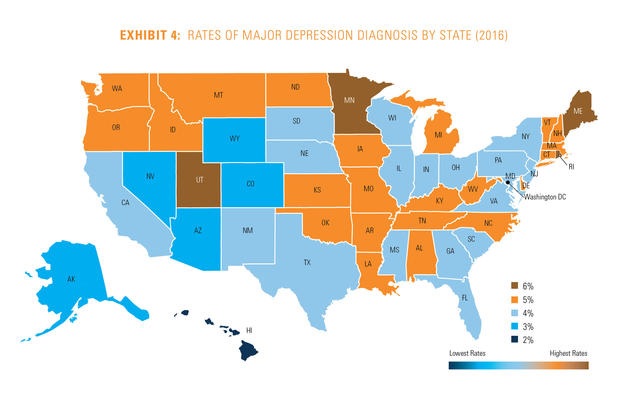The English Puritan Thomas Goodwin’s The Heart of Christ in Heaven Towards Sinners on Earth is one of the most lovely pieces of Christian writing you can read out there.
One passage runs counter to the formal, kind of scary idea that when we die, we’re suddenly plopped right at the judgment seat where we nervously await our verdict. Or, that Christ “coming to get us” only means “when he descends from heaven in the clouds.”
Instead, Goodwin — with great Biblical support — suggests that an excited Christ, overwhelmed with love and an almost giddy desire to show us our eternal spot, comes to get us once we die.
Goodwin, quoting John 14:3 and expanding.
“If I go to prepare a place for you, I will come again”, which is a mere expression of love, for if he had pleased, he might have ordered it to have sent for them to him, but he means to come for them himself, and this when he is warm (as we speak) and in the height and midst of his glory in heaven; yet he will for a time leave it to come again unto his spouse.
And what is it for? To see her, ‘I will see you again, and your heart shall rejoice.’ To fetch her, ‘I will come again and receive you to myself.’
He condescends to the very laws of bridegrooms, for notwithstanding all his greatness, no lover shall put him down in any expression of true love.
It is the manner of bridegrooms, when they have made all ready in their father’s house, then to come themselves and fetch their brides, and not to send for them by others, because it is a time of love.
Love descends better than ascends, and so does the love of Christ…. ‘I will come again and receive you unto myself’ (says Christ), ‘that so where I am, you may be also.’ That last part of his speech give the reason of it, and withal proves his entire affection.
‘It is as if he said….’Heaven shall not hold me, nor my Father’s company, if I have not you with me, my heart is so set upon you; and if I have any glory, you shall be a part of it.”
‘Because I live, you shall live also (John 14:19).”








